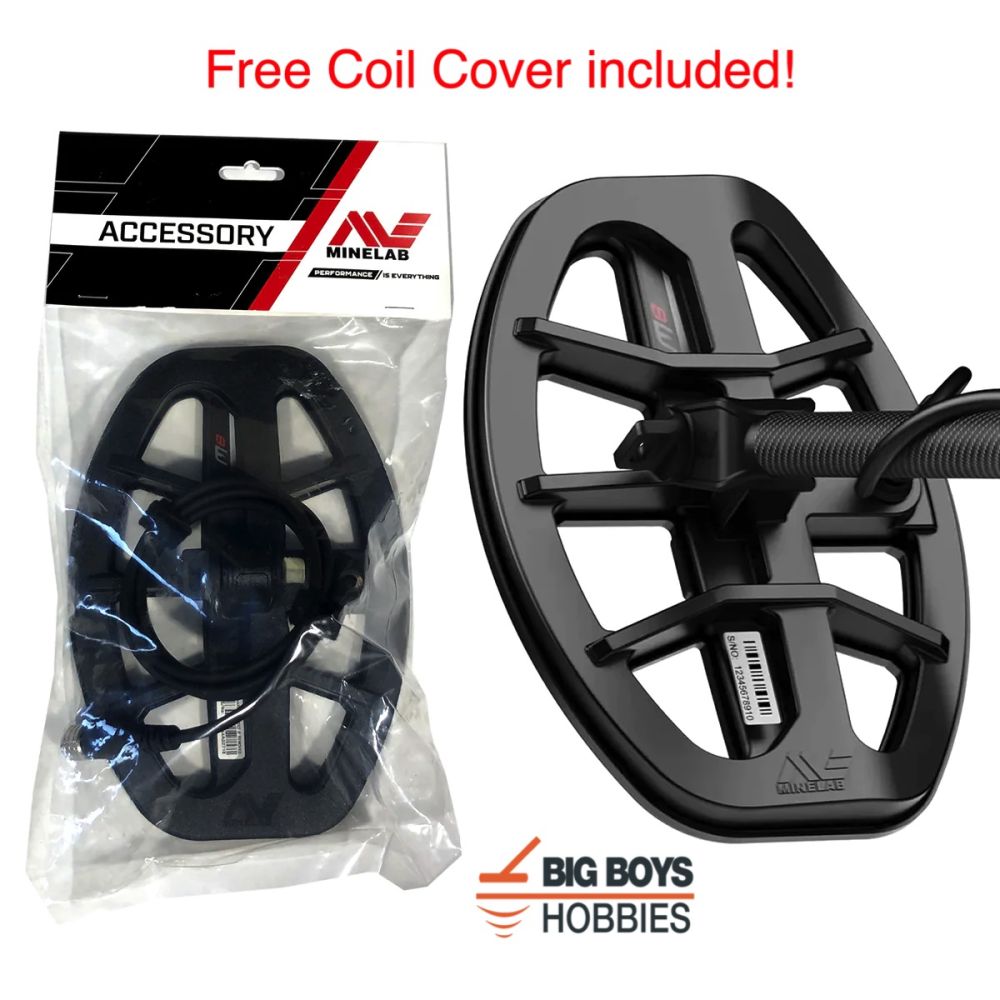Top 4 Metal Detecting Tips For Beginners
We spend a lot of time giving out useful tips and info to our established metal detector community, today's post will be dedicated to the beginner detectorist, to the person with gold fever who's just bought his first metal detector and wants to strike it big or to the next generation of metal detectorists who are coming of age in our wonderful hobby!
Tip 1: Permission! always make sure wherever you detect that it is allowed, legal and you have permission! the last thing you want to happen on your first outing is to get in trouble for detecting somewhere you shouldn't be. If your starting from scratch, local parks and sports fields are an ideal place to get a feel for your new metal detector. check your local and state park website for information on what is and isn't allowed. Most parks are fine with metal detecting, but always make sure before heading out. never try and metal detect on private property if you do not have permission from the land owners!
Tip 2: Gear. Make sure your always ready to recover the finds you hit. A good digging tool like the lesche hand digger and a pinpointer like the AT pro pointer can cut finding and recovery times in half. Along with the tools, a comfortable backpack and plenty of water will also be needed, metal detecting can become incredibly engaging, remember to stop, rest and hydrate!
Tip 3: Shoes! A lot of newer metal detectorists, especially new ones forget the importance of good footwear! if your going out into the woods, or scouring a large sports field, the last thing you want is achy feet! Hiking boots work incredibly well for metal detecting but whatever you wear, make sure its comfy and can keep you on your feet for several hours at a time, you're going to be doing a lot of walking, don't forget the correct footwear!
Tip 4: Have fun! While most season detectorists have learned their machines to become a part of them, new detectorists have a lot of practice to become one with their machine. You will dig up every scrap, piece of junk and penny you hit for quiet some time but the more you practice, the more you learn the tones and frequencies of finds, adding discrimination and digging better tones will help you avoid most of the trash thats waiting to be dug up and help you focus on better, and even more valuable finds. The learning process is often quick, but have fun, dig up everything and learn your machine as you become more familiar with it!
If you have any questions or would like any info on any of the metal detectors or accessories we sell, please don't hesitate to contact us, we're always around and happy to help. Happy hunting!

